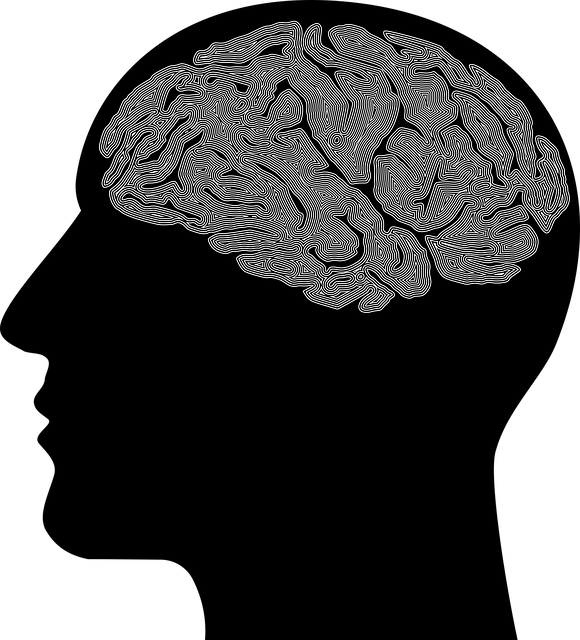Boulder Acceptance and Commitment Therapy (ACT) offers a powerful framework for crisis intervention, emphasizing emotional resilience and cultural sensitivity. By integrating ACT strategies into mental health education, individuals gain tools to manage crises, make informed decisions, and foster personal growth through mindfulness and journaling exercises. A structured approach including active listening, comprehensive situation assessment, self-care promotion, and public awareness campaigns enhances crisis support outcomes, ensuring tailored interventions for diverse populations while preventing future distress.
In times of crisis, effective intervention can make a world of difference. This article guides you through essential strategies for mental health support, focusing on the transformative power of Boulder Acceptance and Commitment Therapy (ACT). We’ll explore how ACT, with its emphasis on acceptance, mindfulness, and commitment, plays a crucial role in managing acute situations. Additionally, we’ll provide a practical step-by-step guide to help professionals and caregivers navigate crises with empathy and skill, ensuring positive outcomes for those in need.
- Understanding Crisis Intervention: A Cornerstone of Mental Health Support
- The Role of Boulder Acceptance and Commitment Therapy (ACT) in Crisis Management
- Practical Strategies for Effective Crisis Intervention: A Step-by-Step Guide
Understanding Crisis Intervention: A Cornerstone of Mental Health Support

Crisis intervention strategies are a cornerstone of mental health support, designed to provide immediate assistance during times of acute distress or impending danger. They are essential components of mental wellness coaching programs development and play a pivotal role in Boulder Acceptance and Commitment Therapy (ACT) practices. Understanding crisis intervention means equipping individuals with the skills to navigate challenging situations, fostering emotional resilience, and promoting adaptive coping mechanisms.
Effective crisis intervention strategies often involve elements of Emotional Intelligence, helping individuals recognize and manage their emotions during crises. Mental health education programs design that incorporates these strategies teaches people to remain calm, assess risks, and make informed decisions. By enhancing mental wellness coaching programs, we empower folks to prevent and effectively handle future crises, ultimately leading to improved emotional well-being and quality of life.
The Role of Boulder Acceptance and Commitment Therapy (ACT) in Crisis Management

The Boulder Acceptance and Commitment Therapy (ACT) approach offers valuable tools for crisis intervention. This therapy focuses on helping individuals accept their experiences and commit to actions that align with their values, fostering mental resilience. By encouraging mindful awareness, ACT enables clients to navigate distressing emotions and thoughts without judgment, a crucial aspect in managing crises effectively.
The integration of cultural sensitivity within ACT is essential, especially when addressing diverse populations. Mental wellness coaching programs can be tailored to incorporate cultural nuances, ensuring that interventions are sensitive to various backgrounds and beliefs. Additionally, mental wellness journaling exercises guided by ACT principles can aid individuals in processing traumatic events and fostering personal growth, contributing to long-term crisis prevention strategies.
Practical Strategies for Effective Crisis Intervention: A Step-by-Step Guide

In addressing crises effectively, a structured approach can significantly enhance support outcomes. Practical strategies like those promoted by Boulder Acceptance and Commitment Therapy (ACT) offer a proven framework. The first step involves active listening, where responders fully engage with individuals in distress, demonstrating empathy and understanding. This sets the foundation for building trust and open communication. By validating their emotions without judgment, you foster an environment conducive to sharing.
Following this, a clear assessment of the situation is crucial. Identify immediate safety needs, risk factors, and potential triggers. Utilize these insights to tailor interventions accordingly. Encouraging self-care routine development for better mental health can be integrated into crisis plans. Public awareness campaigns development around recognizing signs of distress early on and promoting empathy building strategies in communities further strengthens crisis prevention and response efforts.
Crisis intervention plays a pivotal role in mental health support, and the integration of Boulder Acceptance and Commitment Therapy (ACT) offers a powerful approach to effective crisis management. By combining evidence-based practices with a client’s inherent capacity for acceptance and commitment, ACT empowers individuals to navigate challenging situations. The practical strategies outlined in this article provide a step-by-step guide for professionals to offer immediate and impactful assistance during crises. Embracing these techniques not only enhances the quality of care but also fosters resilience and personal growth for those facing acute distress.














